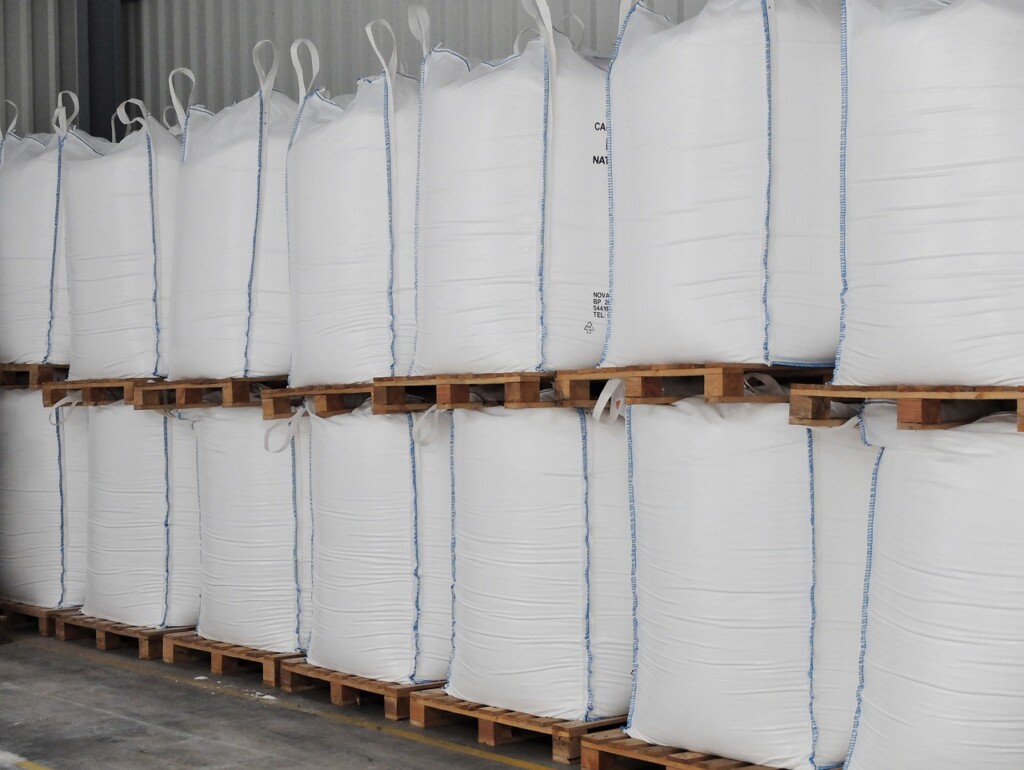We offer services for large companies and distributors who want to manufacture and import reusable bags from China, India, Turkey, and other countries at low cost, with complete customization.
The import of reusable bags is a growing business since nearly two years ago when the European directive that requires shops to charge for plastic bags came into force. The goal of this measure, reducing the consumption of single-use plastic bags, is being achieved.
Over the past few months, consumers have become aware of the need to return to using reusable bags. The trade of paper, raffia, and non-woven fabric bags continues to increase as both retailers and consumers demand them more and more.
The reduction in plastic bag consumption proposed by Europe is being gradually implemented. States have started by charging for them, but it is likely that a total ban will soon follow. As a result, the use of reusable bags is being promoted, creating a new market niche.
In Spain, consumers pay between 5 and 30 cents for each plastic bag they request. The legislation is achieving the expected trend change with this measure. It is expected that single-use plastic bags will be banned in 2021.
The alternatives to plastic are various. The import of reusable bags covers diverse materials, such as paper, cotton, raffia, polypropylene, or non-woven fabrics.
Alternatives to Single-Use Plastic Bags
If you are considering starting a business importing reusable bags, it is essential to know the different types of bags and their characteristics.
Biodegradable Bags
These are usually made from starches combined with biodegradable polymers that decompose upon contact with air, water, and sunlight.
Compostable Bags
Compostable bags are biodegradable with the added advantage that they decompose much faster. It is essential to note that not all biodegradable bags are compostable.
Oxodegradable Bags
These are plastic bags, meaning they are petroleum-derived. They contain an additive that accelerates their degradation when exposed to light and air.
Reusable Bags
Some polyethylene (plastic) bags contain a percentage of recycled PET and are thicker, so they are estimated to be reusable at least 15 times.
There are other truly reusable bags made from materials such as cotton, polypropylene, raffia, nylon, or recycled PET, which is recyclable and washable. Another widely used material for manufacturing reusable bags is non-woven, a lightweight and durable non-woven textile material.
These are the bags favored by experts in ecology and sustainability.
How to Import Reusable Bags
European regulations establish the technical, functional, and quality requirements that reusable bags must meet. Therefore, before importing this product, it is advisable to ensure that the supplier complies with European guidelines and has all the required certifications regarding the bag material and the composition of the inks used.
In addition to the material, the thickness and finish affect the price and durability. For bags that need to carry little weight, the best option is heat-sealed finishing, which is much more economical. Bags for heavier products can have reinforced seams and X-stitched handles.
The advantage of reusable bags, regardless of the material, is that they can be printed with the brand name of the company that sells or distributes them.
Currently, digital printing techniques allow the production of bags with logos, illustrations, and photographs in full color and high quality. This enables the creation of fully customized bags with innovative designs. This is the method typically used by large retail chains, hypermarkets, and franchises. However, there is a more economical option suitable for local businesses: importing unprinted bags ready for customization.
If you are considering the import of reusable bags or other goods, consult Bull Importer. We are your best ally in Asia, with certified suppliers and international offices that handle all the procedures to make your imports a success.




